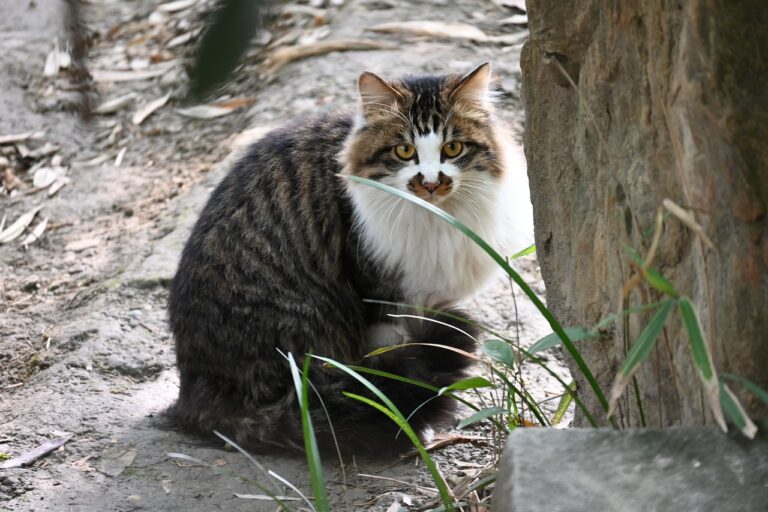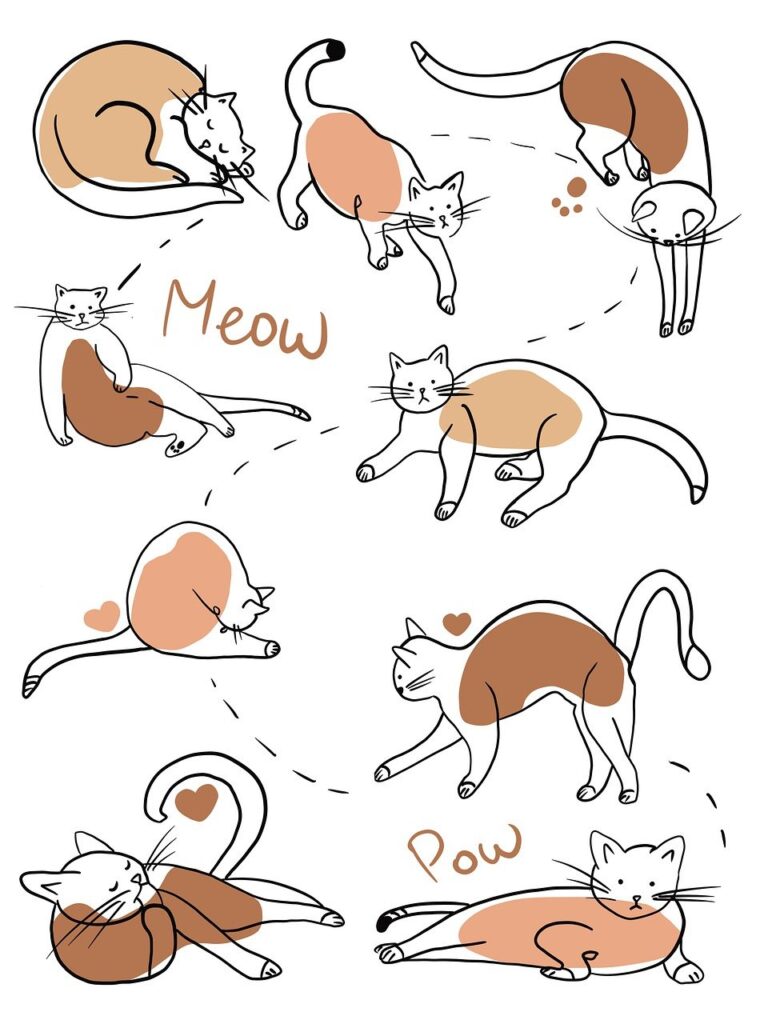Can Cats Eat Avocado
Hey there! If you’ve ever wondered if cats can eat avocado, look no further! In this article, we’ll explore whether avocado is safe for your feline friend to consume. So let’s dive in and find out if avocado is a kitty-approved treat or something to avoid. Can Cats Eat Avocado
Have you ever wondered if your feline friend can enjoy the creamy goodness of an avocado? Many cat owners are curious about whether avocados are safe for cats to consume. In this article, we will explore the topic thoroughly to help you make informed decisions about feeding avocados to your beloved pet. Let’s dive in and discover if cats can eat avocado.
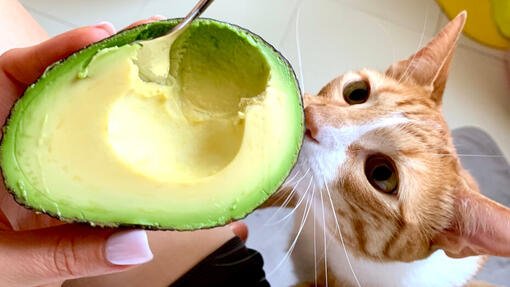
The Nutritional Value of Avocado
Avocados are known for their impressive array of vitamins, minerals, and healthy fats. They are rich in monounsaturated fats, which are considered heart-healthy fats that can lower bad cholesterol levels. Avocados also contain a variety of essential nutrients, including vitamin K, vitamin E, vitamin C, and B vitamins. Additionally, avocados are a good source of fiber, which can aid in digestion and promote bowel regularity.
Avocados definitely pack a nutritional punch, but are these benefits suitable for your cat as well? Let’s take a closer look.
What Nutrients do Cats Need?
Cats have specific dietary requirements that differ from humans and even dogs. Cats are obligate carnivores, which means that they require a diet high in animal protein to thrive. Their bodies are designed to digest and utilize meat efficiently. Cats need essential nutrients like taurine, arginine, arachidonic acid, and high-quality proteins to maintain optimal health.
Can Cats Benefit from Avocado Nutrients?
While avocados are nutrient-rich, the question remains: are these nutrients beneficial to cats? Some argue that the vitamins, minerals, and healthy fats in avocados could potentially offer health benefits to cats. For example, the vitamin E in avocados may promote healthy skin and coat in cats. However, it’s important to consider the overall nutritional needs of cats and whether avocados can meet those requirements.
Potential Risks of Feeding Avocado to Cats
Despite its nutritional value, avocados can pose certain risks to felines. Avocados contain a substance called persin, which is toxic to many animals, including cats, in large quantities. Persin is present in various parts of the avocado, including the fruit, pit, leaves, and even the skin. Ingesting persin can lead to symptoms ranging from mild gastrointestinal upset to more severe issues like respiratory distress and heart failure.
Is Persin Harmful to Cats?
Persin toxicity in cats is a genuine concern, as their bodies are more sensitive to certain substances than other animals. While the amount of persin in ripe avocado flesh is generally considered low and may not have adverse effects on most cats in small amounts, caution is still advised. Feeding your cat avocado pits, leaves, or skin is much riskier and should be avoided altogether.
Potential Allergic Reactions in Cats
In addition to persin toxicity, some cats may have allergic reactions to avocados. Cats can develop allergies to various foods, including avocados. Symptoms of an allergic reaction may include itching, scratching, sneezing, vomiting, or diarrhea. If you suspect that your cat is allergic to avocados, it’s crucial to avoid feeding them any avocado-containing products.
Digestive Issues in Cats
Avocado’s high fat content could also lead to digestive issues in some cats. Feline digestive systems are sensitive and may not handle fatty foods well. Consuming avocados in excess could result in gastrointestinal upset, including diarrhea and vomiting. It’s essential to introduce avocados to your cat’s diet gradually and in small amounts to monitor their digestive response.
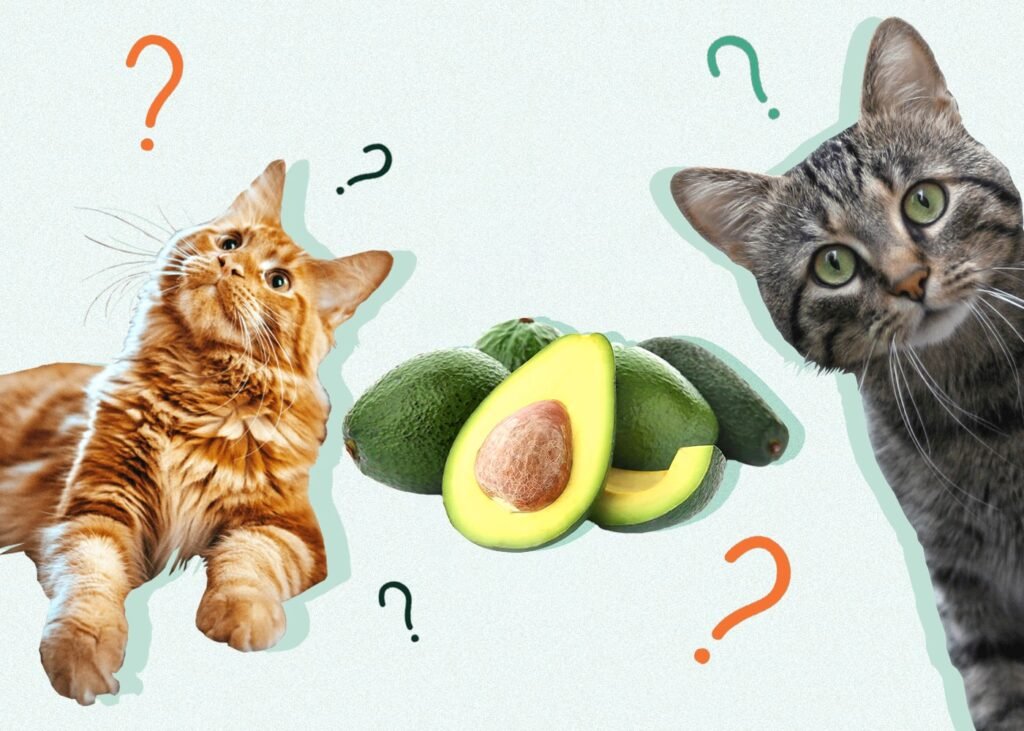
How to Safely Offer Avocado to Cats
If you’re determined to share a bit of avocado with your furry companion, there are certain precautions you can take to minimize the risks. Here are some tips on offering avocado to cats safely.
Choosing Ripe Avocado
Make sure to select a ripe avocado if you plan to feed your cat a small amount. Ripe avocados are softer and have a milder taste than unripe ones. Avoid feeding your cat underripe avocados, as they can be harder to digest and may pose a choking hazard.
Remove the Pit and Skin
Before sharing a piece of avocado with your cat, ensure that you remove the pit and skin entirely. The pit is a choking hazard, while the skin contains high levels of toxins like persin. Only offer your cat a small amount of ripe avocado flesh and avoid giving them any other part of the fruit.
Limit the Portion Size
When introducing avocado to your cat’s diet, start with small portions. A tiny taste of avocado flesh should be sufficient to gauge your cat’s reaction. Monitor their response for any signs of digestive upset, allergic reactions, or other adverse effects. If your cat shows any negative symptoms, discontinue feeding them avocado immediately.
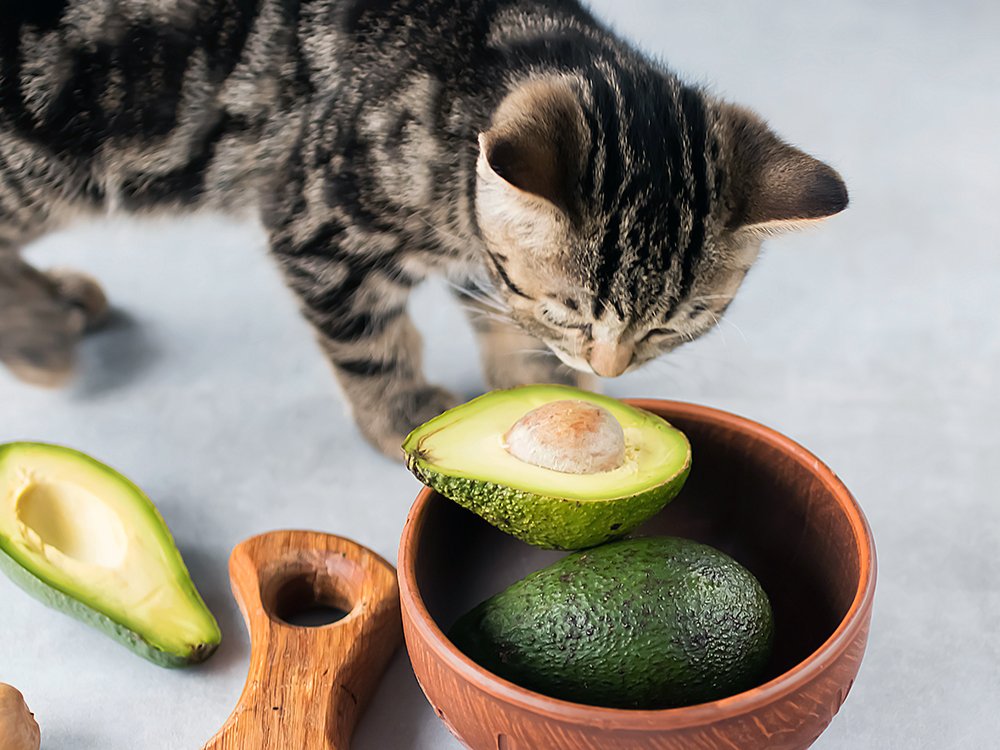
Avocado Alternatives for Cats
If you’re unsure about offering avocados to your cat or prefer to play it safe, there are plenty of alternative treats that can provide similar nutritional benefits. Consider incorporating the following options as healthy snacks or supplements for your feline companion.
High-Quality Cat Food
The most crucial aspect of your cat’s diet is high-quality cat food that meets their nutritional requirements. Opt for cat food that contains real animal proteins, essential vitamins and minerals, and limited fillers or additives. Consult your veterinarian for recommendations on the best cat food brands for your furry friend.
Meat-Based Treats
Cats thrive on animal protein, so offering meat-based treats is an excellent way to reward your pet while promoting their health. Look for treats made from high-quality meats like chicken, turkey, fish, or beef. Avoid treats with excessive fillers, artificial flavors, or preservatives that could be harmful to your cat.
Fresh Fruits and Vegetables
If you’re looking to diversify your cat’s diet with plant-based foods, consider offering safe fruits and vegetables as occasional treats. Some cats enjoy nibbling on fruits like blueberries, strawberries, or cantaloupe. You can also introduce small amounts of cooked vegetables like green beans, peas, or carrots for added fiber and nutrients.
Conclusion
In conclusion, while avocados can be a nutrient-rich and flavorful food for humans, the same may not hold true for cats. Avocados contain persin, a toxic substance that can be harmful to cats, as well as potential allergens and digestive issues. While small amounts of ripe avocado flesh may not harm most cats, it’s essential to exercise caution and monitor your cat’s response to this fruit.
If you’re considering feeding avocados to your cat, it’s crucial to consult your veterinarian first to determine if it’s safe for your specific pet. Remember that your cat’s health and well-being should always come first, and providing a balanced and species-appropriate diet is crucial for their long-term health. Always prioritize your cat’s nutritional needs and choose foods that are safe, healthy, and enjoyable for your beloved feline companion.



